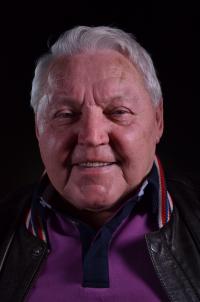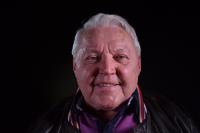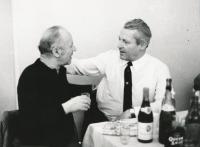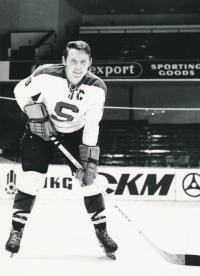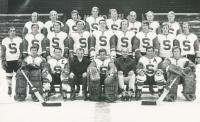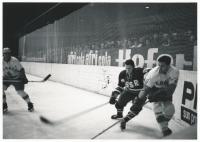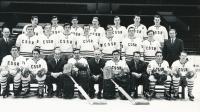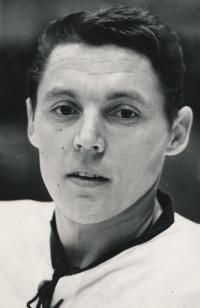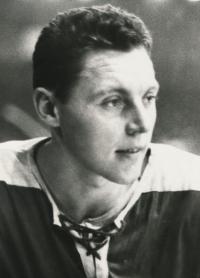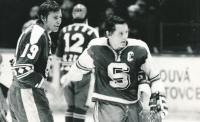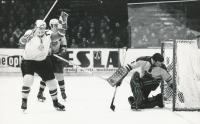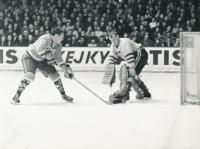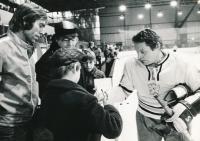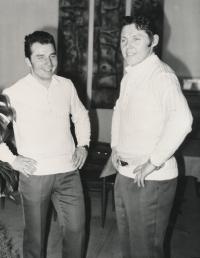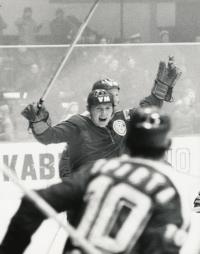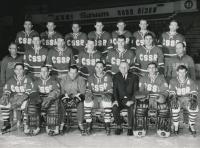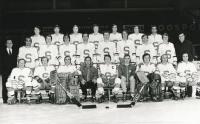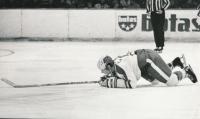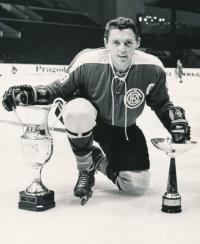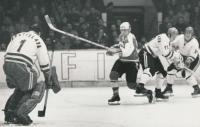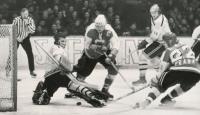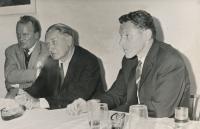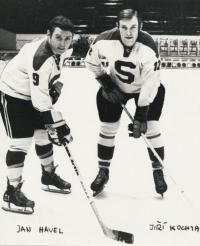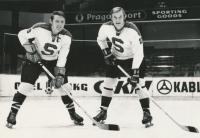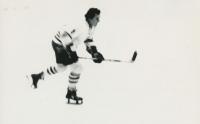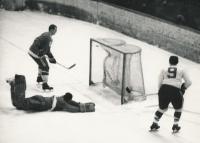My life was only about hockey
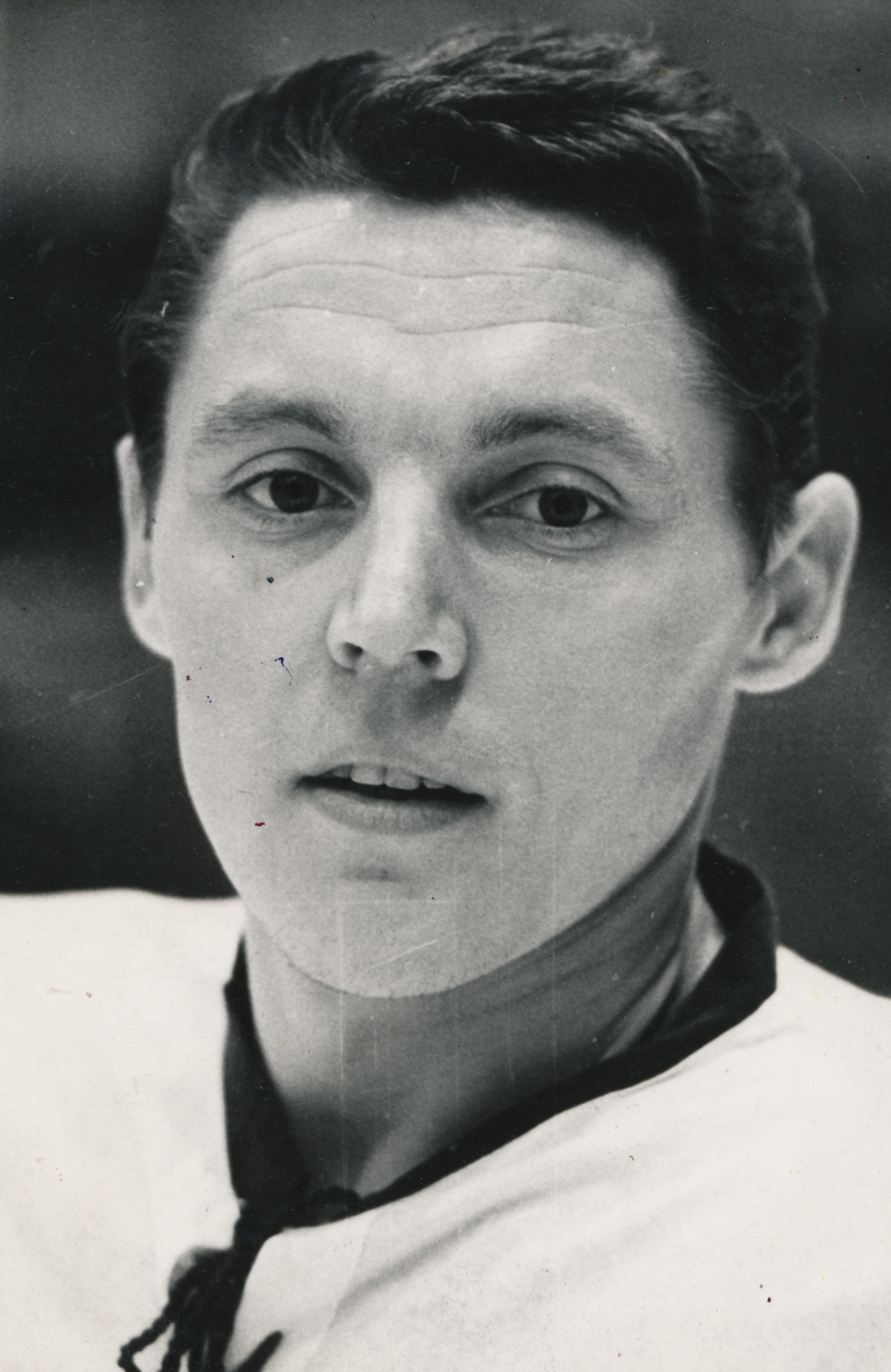
Download image
Jan Havel, called “Gusta” by his teammates, was born on 10 November 1942 in Pašinka, a village close to Kolín. He learned ice-skating on a local pond and started to play for Tatra Kolín when he was only 10 years old. Later, he played for the army teams od Dukla Litoměřice and Dukla Jihlava until he finally got to Sparta Praha. As a member of the Czech national hockey team from 1967 to 1972, he participated in two Olympic Games and three Ice Hockey World Championships. The historically most significant of these was the Stockholm World Championship of 1969, during which Czech players refused to shake hands with the Soviet team in protest against the Warsaw Pact military invasion to Czechoslovakia in August 1968. Together with four other players, Jan even dared to cover the red star on his jersey. Until 1976 he remained an active player of Sparta, where he achieved several long-standing records. At present, Jan coaches Sparta’s junior players.
